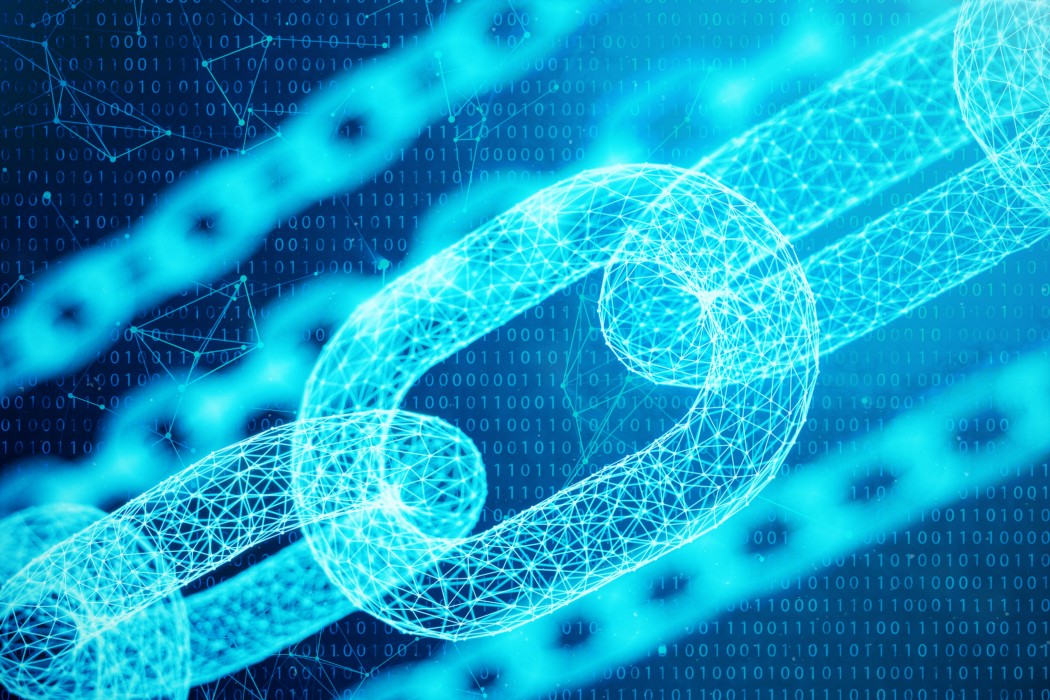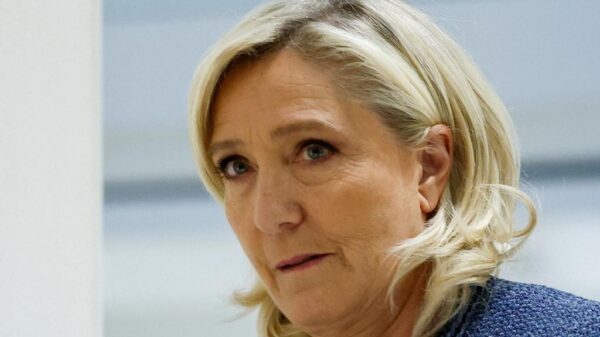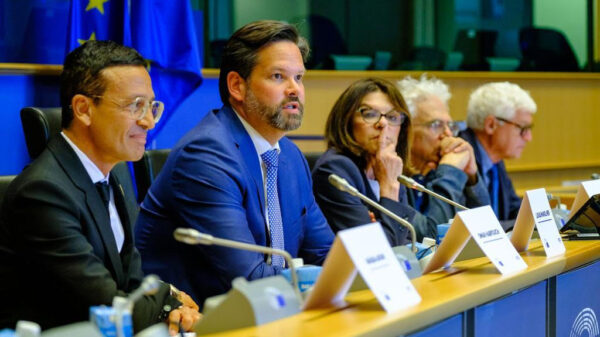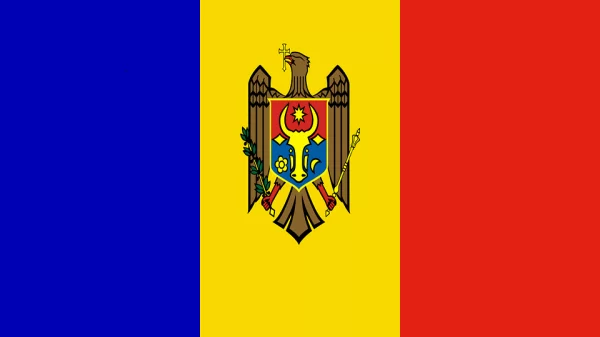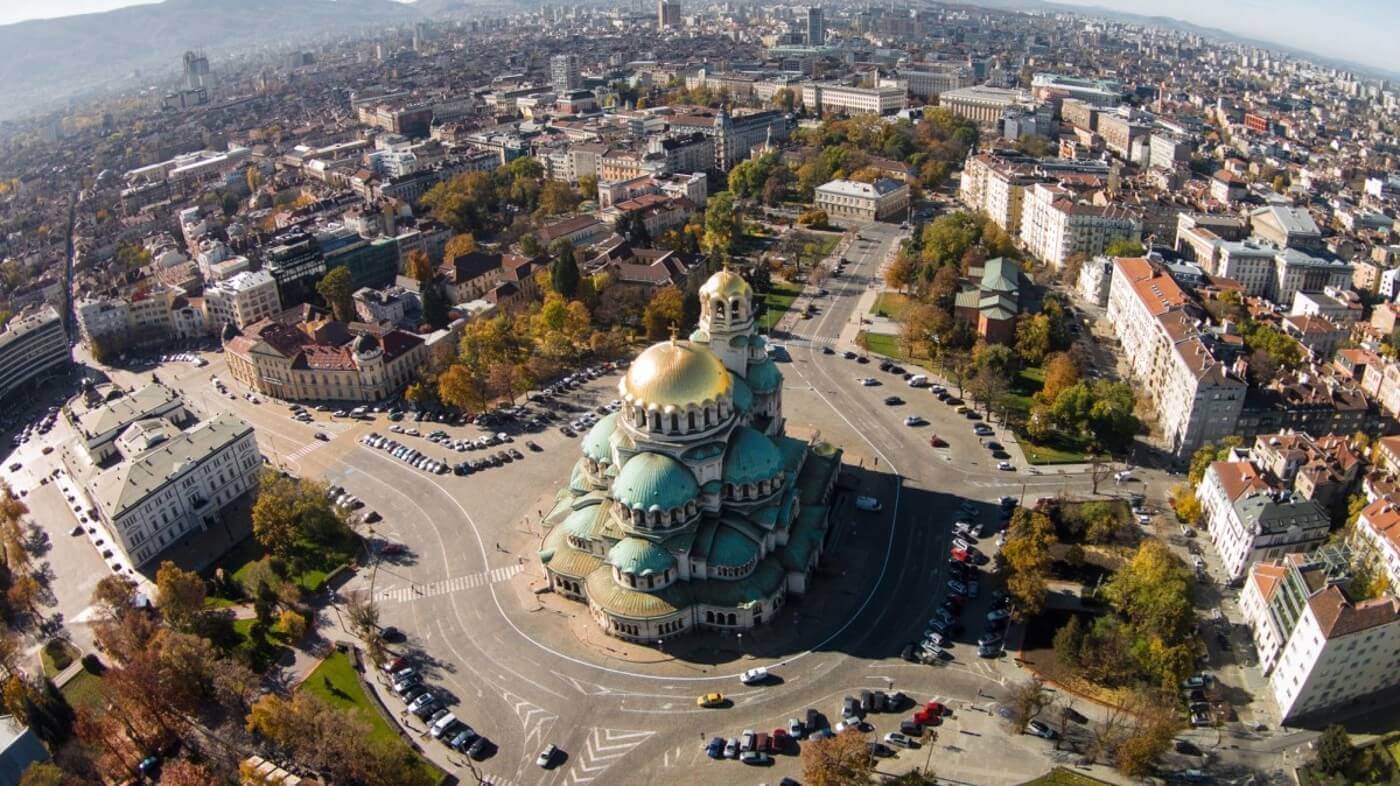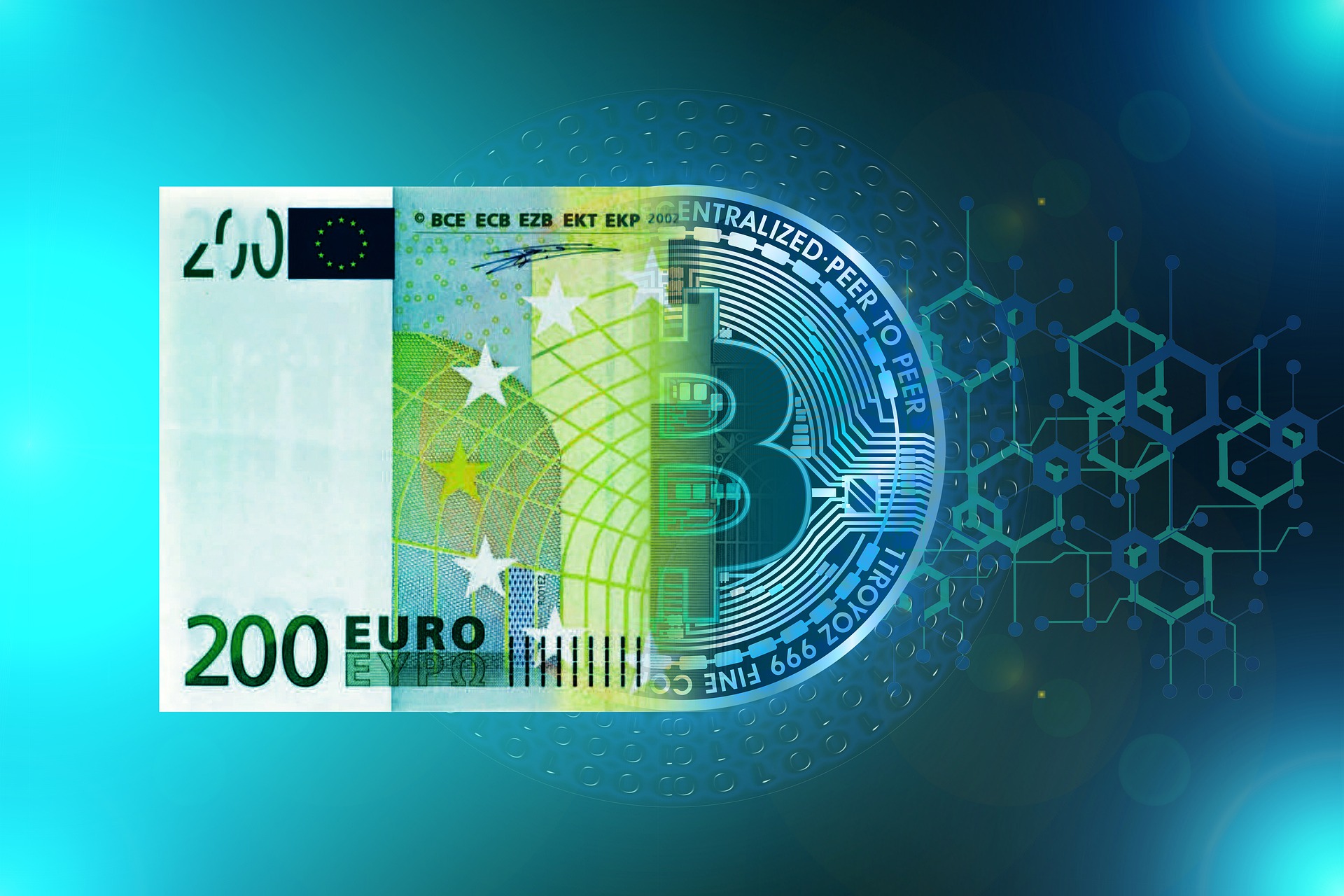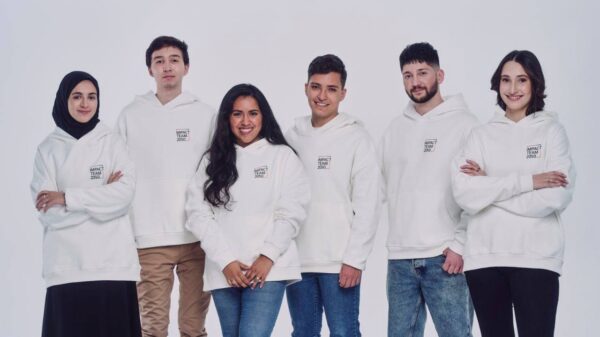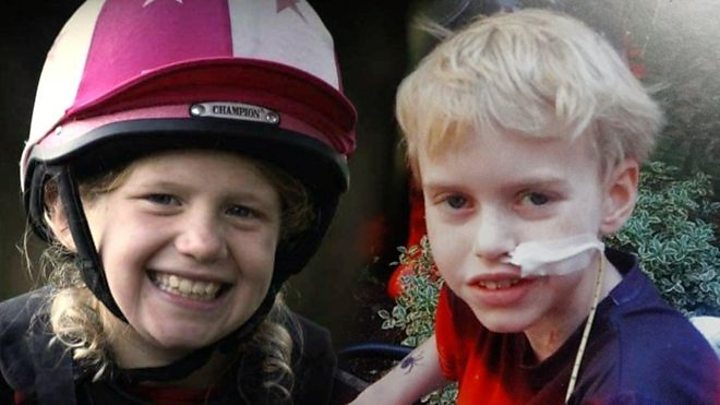Sibylle is in her 50s. She is a psychologist, she is married, and she has two sons who are both at university.
She leads an active life with lots of responsibilities and has now embarked on a journey that for many people would be unthinkable.
Next week she will donate a kidney to an old school friend.
She lives in Switzerland, which enjoys one of the highest standards of living in the world and one of the most comprehensive health services.
But when it comes to organ donation, about 100 people die each year, waiting for an organ transplant under Switzerland’s system that requires explicit consent from people while they are alive.
Why Swiss rate of donation is so low
Last year there were 158 post-mortem organ donors, but more than 1,400 people remained on the waiting list. They face, at best, years of ill health, unable to work, before finally getting a transplant.
A key reason for the shortage is that half of all relatives of those who have died simply do not know what their loved ones’ wishes were, says the national organ donation foundation, Swisstransplant.
“Because of that, during conversations with families, requests for organ donation are rejected in 60% of cases,” Franziska Beyeler of Swisstransplant told the BBC.
A campaign is under way to change the law, so that people would have to actively opt out of organ donation, rather than opt in.
But a referendum on changing the law is years away, and that is why people like Sibylle are choosing more radical solutions.
Why Sibylle decided to help
Sibylle and her friend have known each other since high school, and bonded over the six-week residential “housekeeping course”, which all Swiss schoolgirls once had to go on.
“They sent a washing machine specialist to talk to us and someone who explained the best way to decorate a living room,” Sibylle remembers.
She always knew her friend had kidney disease, a condition that would likely deteriorate as she got older.
But she never knew how serious it was until, a couple of years ago when they were out hiking, her friend confided that her doctor had said it was time to go on the transplant waiting list.
With no siblings, children, nieces or nephews, she had no chance of a family donor.
Sibylle spent that night awake and, the next morning, told her friend she would be prepared to donate a kidney.
First she had to find out if her kidney was suitable for her friend. Batteries of tests followed: “I had to give at least 25 different blood samples,” she says.
Scans and screenings took months. Then she found out she was a match and had to tell her family.
The reaction was not entirely positive.
Her mother-in-law reminded her of her responsibilities to her children. Her husband and sons have accepted her decision but worry about the possible consequences for her future health.
How Switzerland compares with rest of Europe
- Switzerland has one of the lowest rates of organ donation in Europe, with just 18 deceased organ donors per million people
- Spain has Europe’s highest rate of donation with 47 per million.
- Switzerland has 60% of family refusals to consent for organ donation of a deceased relative
- France has a 25% rate of refusal (source Swisstransplant)
Unlike Switzerland, most European countries now have a system of “presumed consent” for organ donation from deceased donors.

Media playback is unsupported on your device
Presumed consent operates in Wales and will come into effect in England in 2020. Scotland is considering reforms to its laws, and in Northern Ireland a voluntary “opt-in” system exists.
Medical experts say co-ordination and infrastructure around organ donation and transplantation are also a key factor in donor rates.
Last year, Swisstransplant set up an online donor register in the hope of encouraging more potential donors, and providing doctors and families with the chance to check whether a deceased person would have wanted to be a donor.
Donor decisions
Sibylle’s story remains relatively rare but, because of the organ shortage, Swiss doctors are seeing more cases of non-family living donors.
A colleague of hers is also about to donate a kidney, to a man she worked with, whose ill health forced him into early retirement.
It is a very delicate decision-making process, and one that doctors approach cautiously.
The donor’s explicit and continued consent is essential.
Sibylle has been repeatedly asked, in a variety of ways, if she is absolutely sure about her decision. She has been told she can change her mind, even on the day of the operation.
She and her friend were required to undergo counselling. Sibylle has been warned that she may suffer depression and that the relationship with her friend may change, and even suffer.
“I think this is only something you can do if you feel really positive about it,” she says. “I have complete trust in the doctors, so I’m not scared, not at all.”
“The main thing is, I have the ability to give someone their quality of life back, and I want to do that.”



